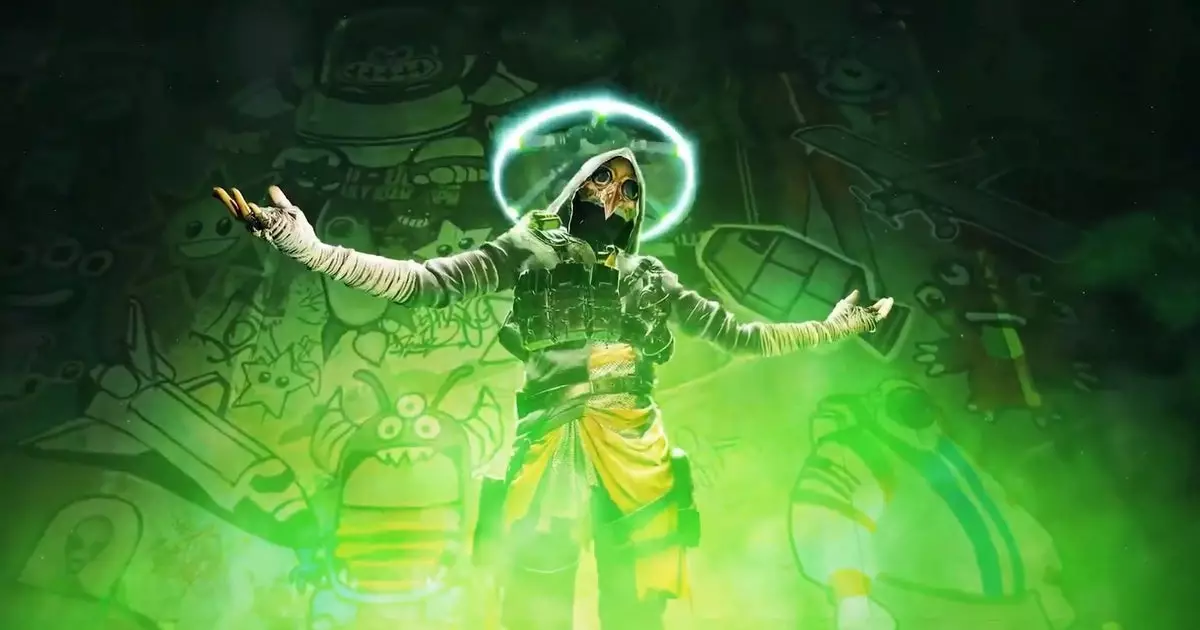Ubisoft has recently announced the discontinuation of their free-to-play shooter, XDefiant, a decision that has resulted in significant job losses and raised serious questions about the future of games-as-a-service. This case illuminates not only the challenges facing the gaming industry but also the often precarious nature of modern game development.
In a surprising turn of events, Ubisoft confirmed that about 277 employees from its studios in San Francisco, Osaka, and Sydney will be laid off as the company shifts away from XDefiant. This massive reduction in workforce raises eyebrows and invites scrutiny into the management decisions that led to such a drastic resolution. Marie-Sophie de Waubert, Ubisoft’s executive, expressed the struggles faced in maintaining a player base competitive enough within the saturated free-to-play FPS market. “We’ve not been able to attract and retain enough players in the long run to compete at the level we aim for,” she lamented. The phrase “attract and retain” serves as a crucial insight: it seems an elusive goal for many contemporary titles, particularly in an industry increasingly driven by trends and community engagement.
The announcement brings with it the unfortunate reality that significant portions of creative and technical teams are being let go, with over half the team responsible for XDefiant set for departure. While some employees are “transitioning to other roles,” the majority face uncertainty in an already volatile job market. It’s difficult to find solace in de Waubert’s comments regarding support for the latest season of the game and the continued operation of multiplayer servers until June. This appears more as a last-ditch effort to salvage a product that was already in turmoil rather than a robust plan for future success.
In her statement, de Waubert outlined that developing games-as-a-service would remain a “pillar of our strategy,” despite the evident failure of XDefiant. She pointed to past successes like Rainbow Six Siege and For Honor as proof that sustainable gaming experiences are achievable. However, the paradox lies in the current environment: while they recognize the challenges, the company is doubling down on a model that many developers are beginning to question. The games-as-a-service framework has indeed become a double-edged sword, enticing players with the promise of continual updates while simultaneously exhausting developers with relentless pressure to perform.
As evidenced by the internal turmoil summarized by the press, management’s apparent unwillingness to pivot or rethink its approach could foreshadow future pitfalls. The gaming landscape’s dynamics have evolved, with players becoming increasingly discerning about the offerings they engage with—merely sticking to traditional models may not suffice in crafting a community-centric game.
This situation becomes more complex when considering the internal inconsistencies in Ubisoft’s messaging regarding XDefiant. Just months prior to its closure, executive producer Mark Rubin assured players that the game was thriving and that concerns were being addressed. His confident assertions, now visibly at odds with the company’s eventual decision, only serve to highlight a disconnection within the organization and a breakdown in communication. Such misalignment can erode trust among both players and staff, leading to lingering discontent and uncertainty.
The backtracking of management on their stance adds yet another layer of distress for those involved. Prior commitments and assurances quickly give way to harsh realities, as evidenced by the erasing of Rubin’s earlier statements from the company website in favor of closure news. This apparent lack of transparency breeds skepticism not only among the players hoping for a game that could still be developed but also the employees who dedicated months, if not years, to the project.
The demise of XDefiant underscores a fundamental truth about the gaming industry: success is rarely guaranteed. As Ubisoft continues to navigate the pitfalls of the increasingly competitive landscape of free-to-play and games-as-a-service, this closure serves as a cautionary tale for both developers and players alike. The unfortunate fallout impacting hundreds of dedicated employees, who now face an uncertain future, is a sobering reminder of the high stakes within the modern gaming world. As industry giants like Ubisoft reassess their strategies amid persistent competition, they must also recognize the human cost of their decisions. Balancing ambitious goals with realistic expectations and transparent communication will be essential in forging a path toward success.


Leave a Reply